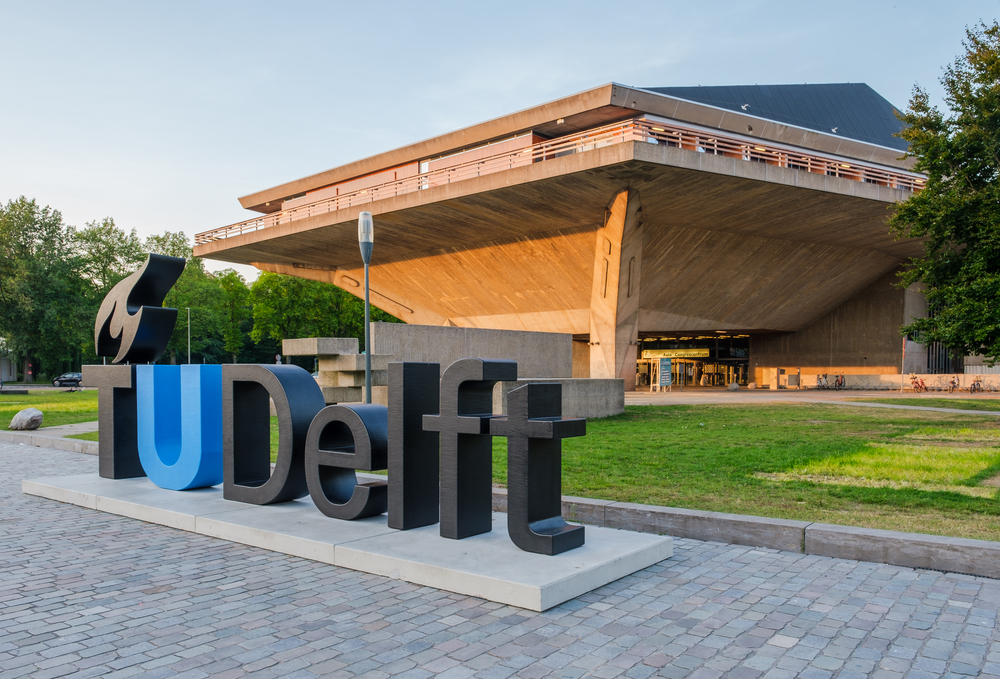The Netherlands to screen academics to stop knowledge leaks

The Netherlands is to introduce new legislation to screen all researchers and students who will have access to sensitive information to prevent knowledge from ending up abroad.
A first draft of the Wet screening kennisveiligheid (knowledge security screening law), introduced by education minister Eppo Bruin, names China, Russia and Iran as countries that may benefit from Dutch scientific knowledge, for instance, to develop weapons systems.
The education ministry estimates some 8,000 researchers and students a year will be checked, including Dutch nationals.
At the moment, institutions and universities carry out their own background checks on new staff, which has resulted in hundreds of rejections over the last few years, an investigation by NOS showed.
The new law will allow for a much more thorough probe, which, apart from a police record and past study and work experience, would include family background and contacts with certain regimes. Information gathered by the Dutch intelligence services would also play a part in the risk assessment.
Institutions and universities have three months to come up with suggestions about the new legislation.
Universities have already warned the screening could put off talented academics who will opt to go elsewhere. But according to Bruins, other countries are contemplating similar legislation.
A sticking point for some MPs is the inclusion of all foreign and Dutch academics instead of only those from countries identified as risky. Bruins said that a broad screening would not only prevent discrimination but that foreign intelligence services have been known to put pressure on academics from other countries than their own.
The screening law identifies several specific areas which affect national security, including rocket science, AI, quantum technology, biotechnology and microchip technology.
Bruins admitted that the screenings are not infallible. A person who is deemed safe to work with sensitive information may, at a later point in their career, be recruited by a foreign agency. It will at least put certain extra conditions on access to sensitive information and technology, he said.
Thank you for donating to DutchNews.nl.
We could not provide the Dutch News service, and keep it free of charge, without the generous support of our readers. Your donations allow us to report on issues you tell us matter, and provide you with a summary of the most important Dutch news each day.
Make a donation